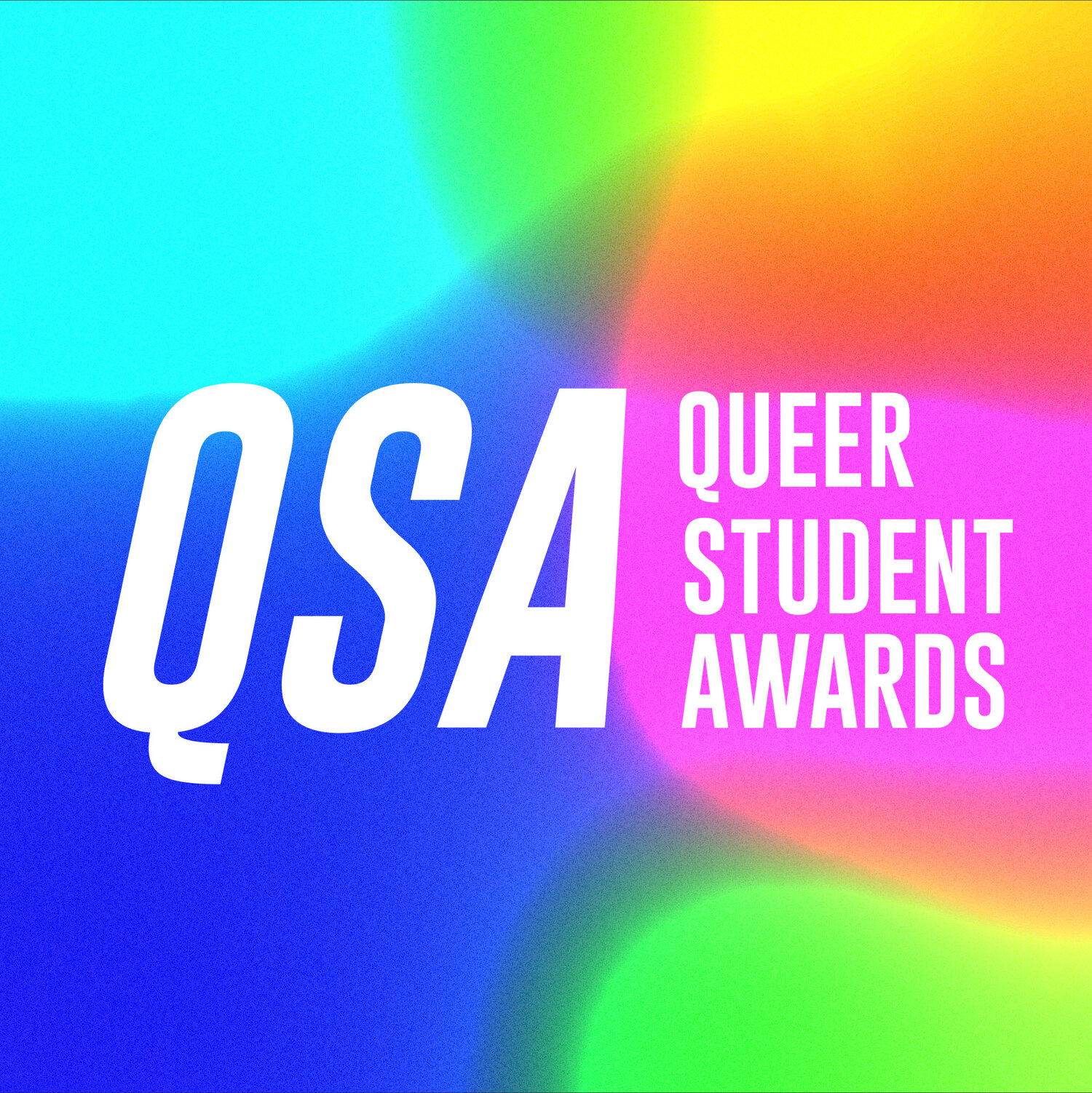
QSA Judging Process
The Queer Student Awards were created to break the mould in more ways than one when it comes to awards celebrations - the judging process is another of those.
“For me there has always seemed to be a shroud of mystery when it comes to the judging process behind many awards celebrations. It shouldn’t be that way. If people are going to take the time to submit entries, in my opinion we need to be transparent about what happens between them submitting their entries and the shortlists and winners being announced.”
THE JUDGING PANEL
It’s important to us that the panel of judges represents as many different parts of the LGBTQ+ community as possible.
In 2024 we focused on ensuring that the judging panel:
Had at least 50% female, transgender or non-binary people
Included young LGBTQ+ people who were previous winners and/or finalists judging alongside rather than separate to the other judges
Did not include judges who have judged for more than consecutive 3 years
There’s always going to be room for improvement here and we are open to suggestions - get in touch to share your ideas on how we can improve in the future.
TRAINING
We believe that enthusiasm alone isn’t good enough to prepare you as a judge for any awards event. That’s why we host a compulsory virtual briefing event each year which includes training on unconscious bias and our process for judging.
Unconscious bias
Unconscious bias describes the associations we hold, outside our conscious awareness and control, and it affects everyone. It is triggered by our brain automatically making quick judgments and assessments and is influenced by our background, personal experiences, societal stereotypes and cultural context. It can therefore have a significant influence on our attitudes and behaviours, key decisions and can contribute to inequality.
The Judging Process
Our judging process is based upon the ORCE principle (Observe, Record, Classify and Evaluate) which offers a common framework for evaluating candidate performance during employee selection procedures. We’ve adapted its use for the judging process of QSA because it is equitable and inclusive:
Everybody gets the same opportunity to impress.
Evidence is assessed against a set of relevant criteria.
Prevents overlong, stressful and inefficient processes.
SCREENING
Before entries are passed to the judges they are screened to ensure that (where feasible):
Their content broadly aligns with the category they have been submitted into.
The work shared has occurred within the nomination timeframe.
Content of entries is original and has not been plagiarised, not copied across multiple categories and within the word limit.
The maximum number of 5 online links and/or documents has not been exceeded.
Where needed proof of enrolment for study has been requested and received.
No homophobic, biphobic and transphobic hate speech and all other forms of discrimination is present - the QSAs have a zero tolerance policy for this.
CATEGORY WINNER SELECTION
Once judges receive their allocated entries:
They are asked to declare any conflicts of interest - this further removes any bias which may be introduced into the process
Each of them individually reviews entries against the judging criteria for the relevant categories and chooses their winners and any suggestions for runner-up.
Judges are asked to provide rationales for their choices before submitting these to the Head Judge.
The judges are asked not to confer amongst themselves until everyone has submitted their choices.
The Head Judge then leads the judges in a group discussion to choose a winner for every category.
Once the judges have decided on their winners for each category we announce our SHORTLIST before the LIVE FINAL where we will come together to celebrate the work that everyone has done in the last 12 months.
QUEER OF THE YEAR
The Queer of the Year is decided by the young LGBTQ+ people who are part of the overall judging panel. It’s important for us that they are given the power to decide who this person is. They are given the notes from all judges and they use these, along with guidance from our head judge, to choose their winner of this category.





